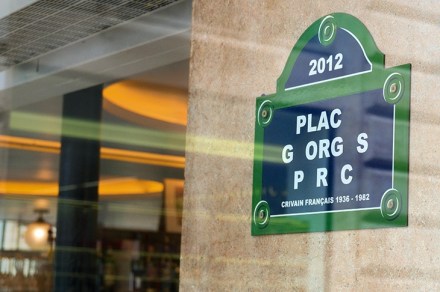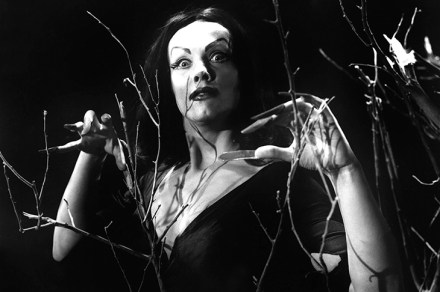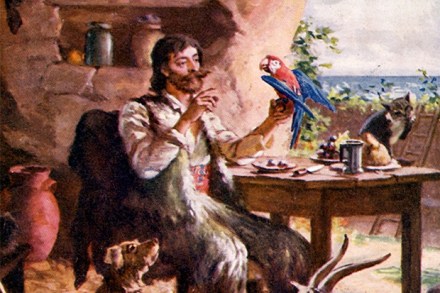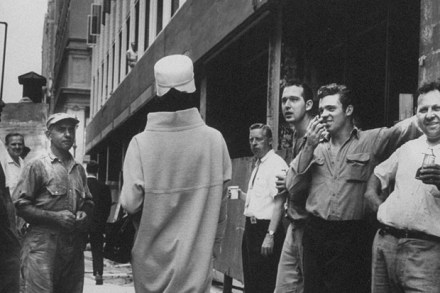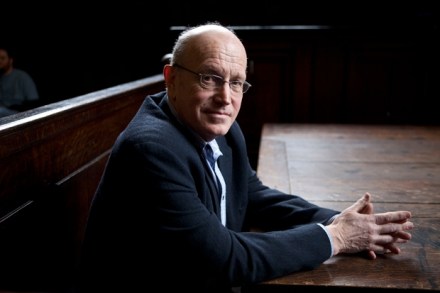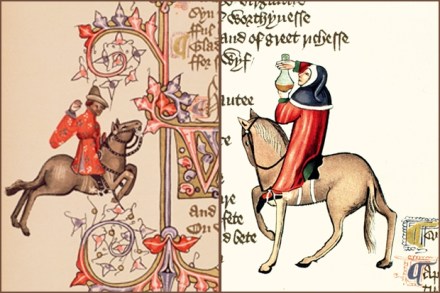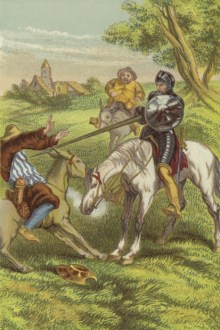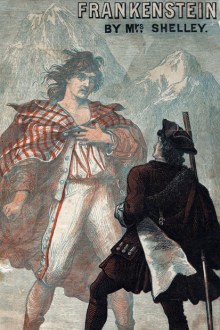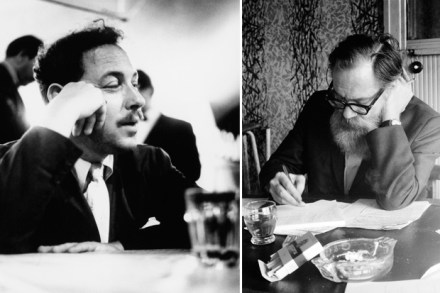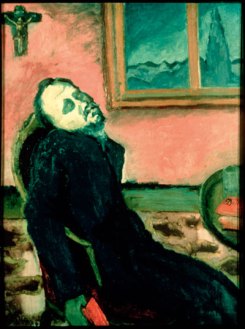Method in the madness
Have you heard of the Oulipo? The long-running Parisian workshop for experimental writing? Even if you haven’t, you might have heard of some of its members: Georges Perec, Italo Calvino, Marcel Duchamp. The group’s stock-in-trade (so-called ‘constrained writing’) is best illustrated by their most notorious production: Perec’s 1969 novel La Disparition which manages to avoid using the letter ‘e’ (and which was miraculously translated into English as A Void). Founded in 1960, the Oulipo spent its first decade in self-imposed semi-secrecy. While its academic sibling, Structuralism, came to dominate literature departments both at home and abroad, the Oulipo watched discreetly in disdain: why are the structuralists so dry, so up
